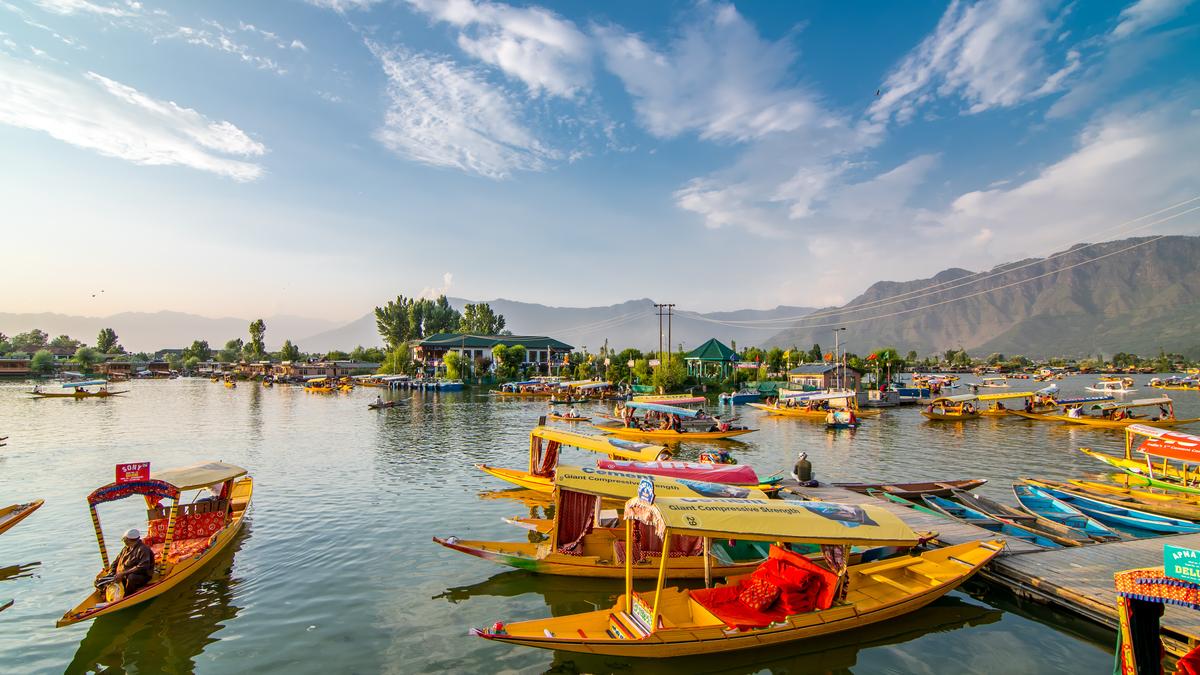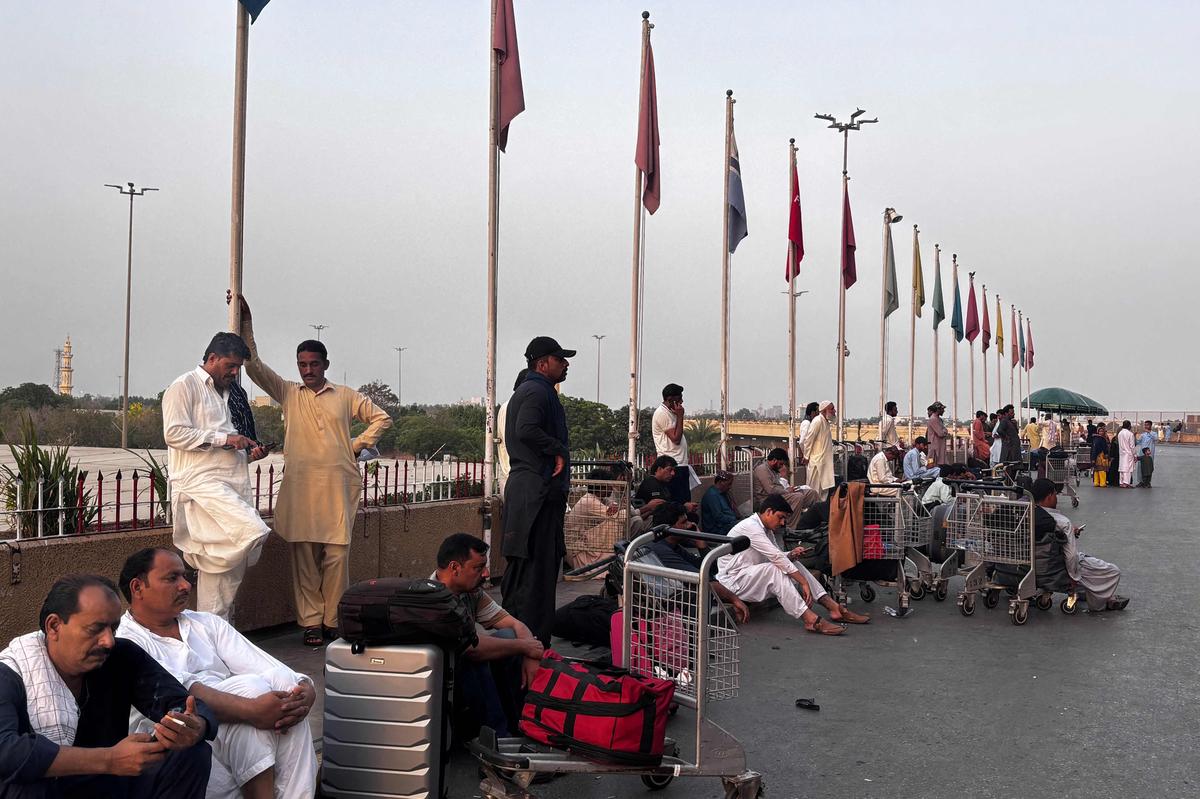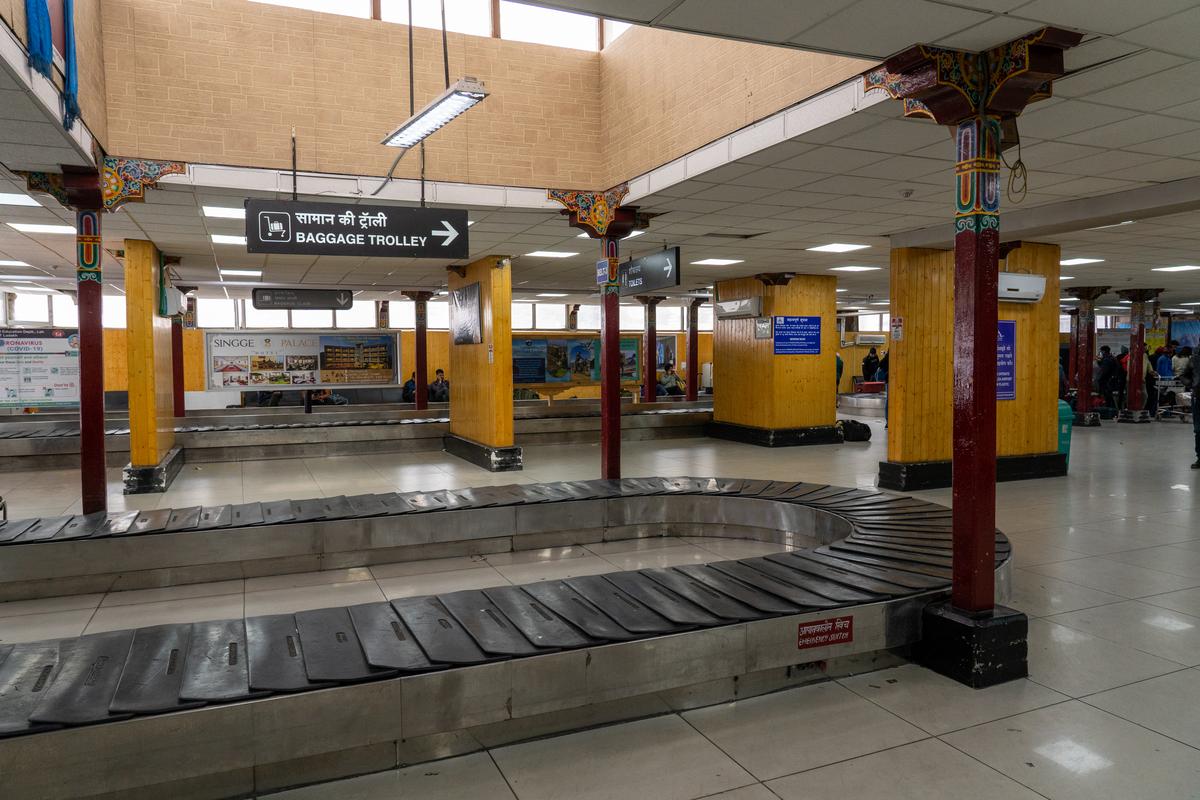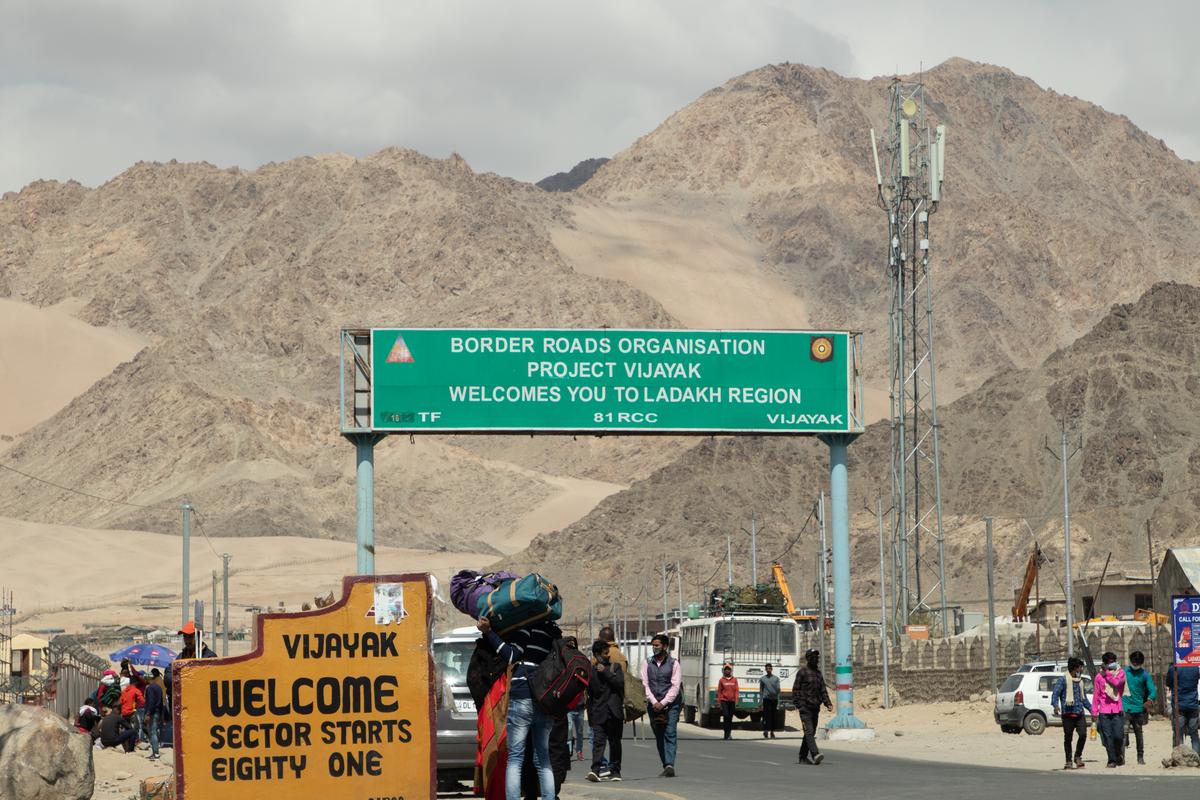Seventy two year-old Sushama Davar spends half her time in India and the rest in the US. When she arrived for a short trip during the summer months this year, her husband and she decided to flee the heat of Mumbai (where she is based), and planned a trip to Ladakh and Kashmir. “We were travelling on April 29. Because of the terror attack [in Kashmir’s Pahalgam on April 22], we cancelled our Kashmir plans and added days to our Ladakh itinerary,” she says.
The first few days were spent hiking, trekking and exploring this new, stunning topography. “It’s a once in a lifetime place,” she says. On May 6 though, the news of the airport in Leh shutting down for border security, caused some concern. “We were on our way to the Pangong Tso lake and our connectivity was not great but we had already heard chatter about the airport being shut down and were a bit disappointed,” she says.

In the days since the airport has been shut though, Sushama has been the recipient of unconditional hospitality from her hotel in Leh. On May 7, Rigzin Wangmo Lachic, president, All Ladakh Hotel and Guest House Association and founder of Dolkhar, a boutique hotel, announced that all hotels in Ladakh would accommodate stranded guests for free until flights begin taking off again. “Nobody must have seen this coming. It is hence our duty to our guests to extend this hospitality,” Lachic says.

The Dal Lake at Srinagar, Jammu and Kashmir
Ladakh is not the only place in North India which has accommodated travellers. Javed Burza, president of the Pahalgam Restaurant and Hotel Owners Association, said that stranded tourists who were looking to go home after the news of the attack on April 22, were allowed to stay in various hotels and guest houses across Jammu and Kashmir, particularly in Srinagar for the subsequent days. “There are no tourists here now. The truth is that we feel like scapegoats,” he says.
Considering it is peak season in places like Leh, Kashmir and Dharamshala, the economy here, heavily dependent on tourism, has deeply suffered losses. The pinch has been felt in an all-pervasive manner, affecting not just hoteliers, but also shopkeepers, vegetable vendors, markets, business owners and transport businesses. “Nearly 70% of Ladakh depends on tourism to run the show for the year. It is going to be a difficult time for us, especially for those of us who have taken loans for repair works and construction,” says Nawang Tashi, vice president, Guest House Representative, All Ladakh Hotel and Guest House Association.
Lachic says that tourism opened in Ladakh in 1974. Until then, the stray trekker made their way to this underexplored region in the 1920s and 1930s. “The harsh winters and the lack of road access made it difficult for people to visit. By 2008 and 2009 though, we had an influx of domestic tourists. By this time, low cost operational flights landed in Leh and the release of the film 3 Idiots helped popularise the destination. The economy saw a boom,” she says.
When the phenomenon of ‘revenge travelling’ entered as part of the post-COVID lexicon, Ladakh became a preferred destination for not just trekkers but also for those who wanted to go on self-driving holidays and luxury camps. “In 2024 though, we saw quite a dip that we were unable to explain. The economy went down by about 30%. We were hoping to make up for losses this year because the bookings in March and April seemed encouraging. We were hoping it would sustain till July but unfortunate circumstances happened,” Lachic says. There are currently around 1,500 stay options ranging from guest houses that charge ₹800 a night to premium properties that charge ₹50,000 for the day.

Passengers wait outside at Jinnah International airport after all domestic and international flights were cancelled in Karachi on May 7, 2025.
Javed agrees. He states that though horticulture is said to have contributed most to Kashmir’s economy, tourism in the last few years has made quite the difference to people’s lives. “There is not much hysteria now but it is going to be a while until we can recover and rebuild. Terror attacks have happened in other parts of the country too like Mumbai. We have to bounce back but it is a time of bad luck for everyone,” he says.
Currently, Tsewang Dorjey, president All Ladakh Tour Operators Association, says that they have been arranging tempos to transport tourists to other parts of the country by road. The preferred destination for flights back home is Delhi. Although Innovas usually ply in the region, tempos, which can seat 12 individuals, is currently a more effective form of travel. “We are taking travellers through the one road that is open, the new Nimmu-Padam-Darcha (NPD) road, also known as the Zanskar Highway. “Instead of charging ₹5,500 per person as we would, usually, we are charging ₹2,000. This is just to cover basic costs,” he says.
Rahul Dhiman, president of the Hotel Owners Association in Dharamshala, and Ankit Gupta, president, Chandigarh Hospitality Association, and joint secretary, Hotel and Restaurant Association of Northern India, says that though flights have been grounded, tourists in these regions have not been affected extensively as road and railway options still exist as travel options. “Currently, we are hand holding through the mock drills and blackouts but that is about it. If the situation worsens, we will be happy to step in and provide free stay,” Rahul says. Occupancy in Dharamshala is at about 40% in the 400 hotels part of the association. This is pretty standard for the time, he adds.

People waiting at baggage claim conveyor belts in the arrival area of Kushok Bakula Rimpochee Airport lead
Lachic says that despite the panic, those who are in Ladakh, have continued with their itinerary and made the most of their extended days. “There is no restriction of movement within the territory,” she says. She adds that waivers from the Government on repayment of loans and electricity bills would aid the community massively and help them continue their work in the long run. Losses otherwise, would not be sustainable, she says.
Hospitality in the region now requires more support than ever, Sushma says, adding “The place is beyond wonderful and more people need to see it. I do not regret making the trip one bit. I just hope to make my flight back home soon though.”

At the entrance of Kushok Bakula Rimpochee Airport.
Published – May 08, 2025 04:37 pm IST

